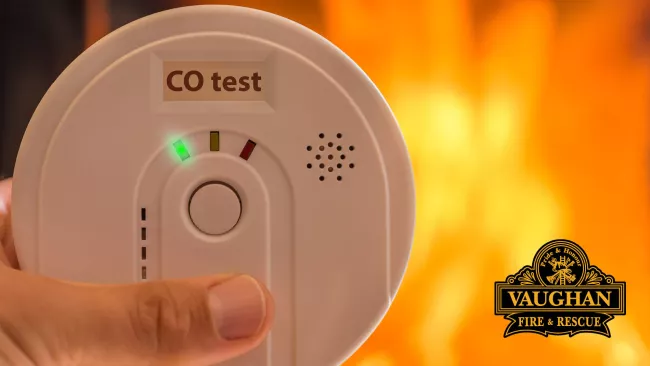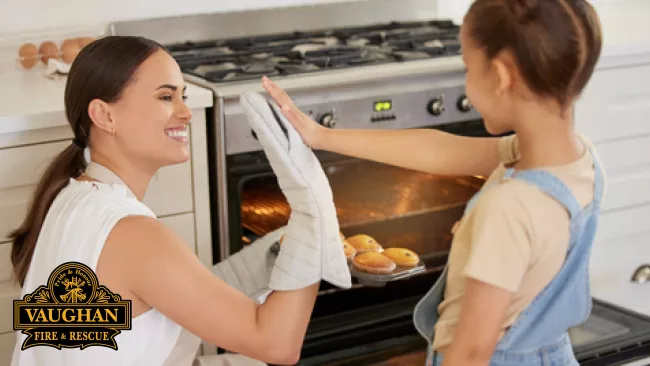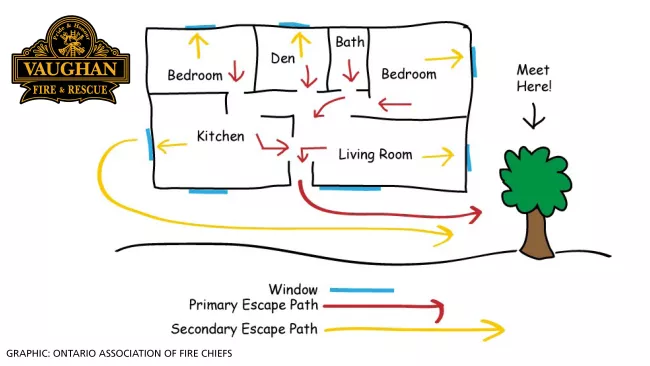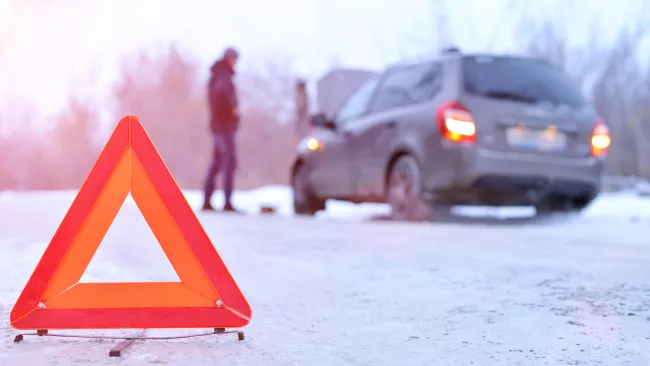Protect your loved ones from carbon monoxide – the ‘silent killer’
Did you know many Ontario homes have an average of four to six fuel-burning appliances that produce carbon monoxide (CO)? And that more than 65 per cent of all CO deaths and injuries in the province happen within homes?
It’s the first day of Carbon Monoxide Awareness Week, which runs until Tuesday, Nov. 7, and Vaughan Fire and Rescue Service (VFRS) is taking this opportunity to remind you of the risks CO can pose and ways you can help keep your family safe from this hazard.
Often referred to as the “silent killer,” CO is an invisible, tasteless and odourless gas that can cause serious illness and even be deadly. The poisonous gas is produced when fuels, such as propane, gasoline, natural gas, heating oil or wood, do not burn completely in fuel-burning appliances, such as furnaces, fireplaces, hot water heaters, stoves, barbecues, portable heaters and generators, or vehicles.
Exposure to CO can cause flu-like symptoms such as headaches, nausea and dizziness, burning eyes, confusion, drowsiness, loss of consciousness and death. If you or others in your household or building have these symptoms, get outdoors and call 9-1-1 immediately. If your CO alarm sounds and no one is suffering from symptoms of CO poisoning, check to see if the battery needs replacing or if the alarm has expired before calling 9-1-1. Consult the CO alarm manufacturer’s instructions to learn the difference between the CO alarm’s low-battery warning, end-of-life warning and emergency alarm.
Fortunately, CO incidents are preventable, and VFRS has the following tips to help keep you and your loved ones safe:
- Change the batteries in your CO and smoke alarms when you change your clocks in the spring and fall. This year, daylight time ends on Sunday, Nov. 5.
- Test all CO and smoke alarms each month.
- Replace your CO alarm when it expires, every five to 10 years. They will have a date clearly marked on them.
- Check and clean all fuel-burning appliances every year.
- During and after a snowstorm, make sure vents for the dryer, furnace, stove and fireplace are clear of snow.
- Never heat your home with a gas stove or use a gas-powered generator inside.
- Never use a barbecue, charcoal or hibachi grill in the home or an enclosed area.
For more information, visit vaughan.ca/fire. You can also watch the City of Vaughan’s videos to learn more about CO safety and CO alarms.
For updates and news as they happen, subscribe to Vaughan News and follow the official corporate channels on X (formerly known as Twitter), Facebook, Instagram and LinkedIn.





